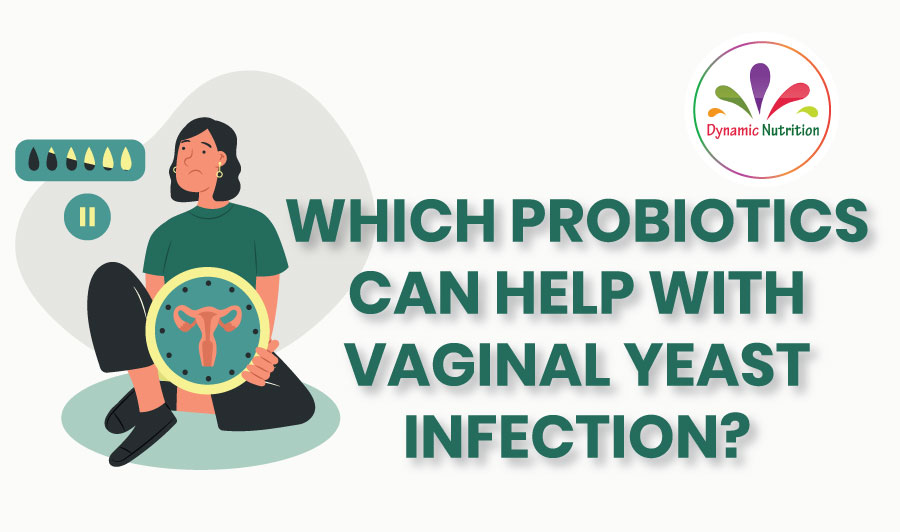 Probiotics are beneficial bacteria that can help restore the natural balance of microorganisms in the body, including in the vaginal area. Vaginal yeast infections, also known as vaginal candidiasis, are typically caused by an overgrowth of a type of fungus called Candida albicans.
Probiotics are beneficial bacteria that can help restore the natural balance of microorganisms in the body, including in the vaginal area. Vaginal yeast infections, also known as vaginal candidiasis, are typically caused by an overgrowth of a type of fungus called Candida albicans.
Restoring the balance of vaginal flora
Probiotics can help maintain the healthy balance of bacteria in the vagina, which is important for keeping Candida albicans in check. When the balance of bacteria in the vagina is disrupted, such as during antibiotic use or hormonal changes, it can create an environment that is conducive to the growth of Candida, leading to a yeast infection. Probiotics can help restore the natural balance of bacteria, reducing the overgrowth of Candida.
Producing antimicrobial substances
Probiotic bacteria produce substances that have antimicrobial properties, such as lactic acid and hydrogen peroxide, which can inhibit the growth of Candida and other harmful microorganisms. These substances create an acidic environment in the vagina, which is unfavorable for the growth of Candida and other pathogens.
Enhancing the immune system
Probiotics can help support the immune system, which plays a crucial role in defending the body against infections, including yeast infections. By boosting the immune response, probiotics can help the body fight off Candida overgrowth and prevent recurrent yeast infections.
Competing with Candida for resources
Probiotic bacteria can compete with Candida for nutrients and attachment sites in the vaginal lining, reducing the ability of Candida to establish itself and thrive. It’s important to note that not all probiotics are the same, and not all strains of probiotic bacteria are effective in treating vaginal yeast infections. The effectiveness of probiotics in managing vaginal yeast infections can vary depending on the specific strain of bacteria, the dose, and the formulation.
Which Probiotics Can Help With Yeast Infection?
Several strains of probiotic bacteria have been studied for their potential effectiveness in managing vaginal yeast infections. Some of the commonly studied strains include:
- Lactobacillus acidophilus: This is one of the most commonly used strains of probiotics for managing vaginal health. L. acidophilus produces lactic acid, which helps create an acidic environment in the vagina that can inhibit the growth of Candida.
- Lactobacillus rhamnosus: This strain of probiotics has been shown to help restore the natural balance of bacteria in the vagina and reduce the risk of vaginal yeast infections.
- Lactobacillus fermentum: This strain of probiotics has been shown to have antimicrobial properties and may help inhibit the growth of Candida.
- Lactobacillus crispatus: This strain of probiotics is known to be one of the dominant species in the healthy vaginal microbiota, and studies have shown that it can help maintain the balance of bacteria in the vagina and reduce the risk of vaginal yeast infections.
- Lactobacillus reuteri: This strain of probiotics has been shown to have antimicrobial properties and can help promote a healthy balance of bacteria in the vaginal environment.
- Bifidobacterium lactis: Can efficiently colonize beneficial bacteria in human large intestine, improve organism immunity, inhibit the growth of pathogenic bacteria and regulate the balance of intestinal flora.
Related Topics
Cran-Max – Effective Prevention Of UTI
Qualified Health Claim for Cranberry Juice and Supplements for Urinary Tract Infections
Urinary Tract Infections – The Most Common Infections
Which probiotics can help with vaginal yeast infection?
Bacterial Vaginosis – Tips for Prevention and Treatment
Top 7 Natural Remedies For UTI
When is the Best Time to Take Probiotics?
Please Pay Attention! Eating Probiotics like These Ways are not Effective
Do we need both Prebiotics and Probiotics?

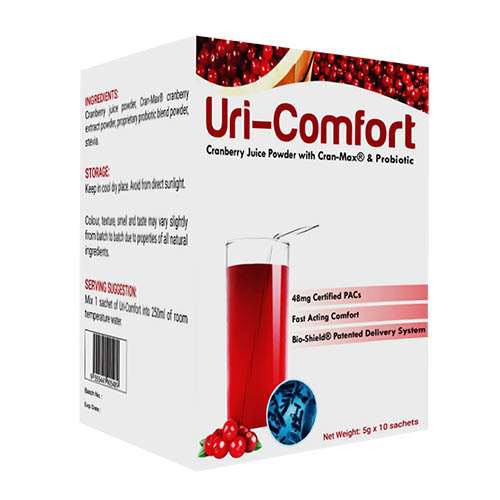

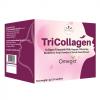

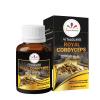



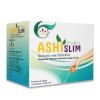
Facebook Comments